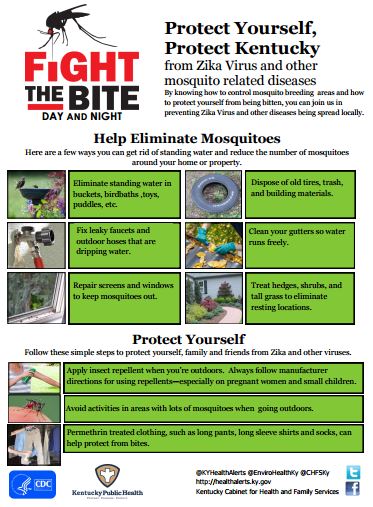Princess Health and Donna Arnett, new UK public-health dean, says research is important to reducing Kentucky's huge health disparities. Princessiccia
epidemiology public health research University of KentuckyDonna Arnett, dean of the College of Public Health at the University of Kentucky, says research is essential to reducing Kentucky's huge health disparities, as illustrated by the recent release of data showing a wide range in life expectancy among counties.
In a UK news release and video, Arnett, a genetic epidemiologist and native of London, noted the "devastating impact" that obesity, diabetes, cancer, drug-abuse and overdose deaths have in her native state.
�Public health is at the heart of answering the challenges of those critical diseases in Kentucky, " Arnett said. "We in public health are really at the forefront of first detecting these epidemics, and then finding strategies and interventions to help eliminate those disparities.�
Arnett's passion for research began during her early career as a nurse when she was working next to a dialysis clinic at a Department for Veterans Affairs hospital and noticed that more African-American men were sent to the clinic than men of other races.
�I�ll never forget, in my hallway in this VA hospital, every day men would be coming down the hallway, and they�re almost all African American,� Arnett said. �I said, �You know, there has to be something about being African American and having kidney failure.��
This prompted her to create an informal hypothesis that this was linked to a genetic code in African American men that put them at a higher risk of kidney failure. She was right. While her original hypothesis evolved, it was validated after numerous studies.
Arnett obtained a doctorate in epidemiology from the University of North Carolina and built a career in public health. She has received research funding from the National Institutes of Health for more than 20 years, and brought three active NIH projects to UK when she became dean of the public-health college in 2015. Among other leadership roles, she has served as the president of the American Heart Association.
Serving as AHA president showed Arnett that "solving the most urgent health problems in the nation requires the collaboration among different professionals and organizations devoted to health and uniting the research efforts and knowledge of diverse investigators," and she is working to establish partnerships across the state, the UK release and video say.
"Science now is really multi-disciplinary," Arnett said, "so we have to function in a team."
In a UK news release and video, Arnett, a genetic epidemiologist and native of London, noted the "devastating impact" that obesity, diabetes, cancer, drug-abuse and overdose deaths have in her native state.
�Public health is at the heart of answering the challenges of those critical diseases in Kentucky, " Arnett said. "We in public health are really at the forefront of first detecting these epidemics, and then finding strategies and interventions to help eliminate those disparities.�
�I�ll never forget, in my hallway in this VA hospital, every day men would be coming down the hallway, and they�re almost all African American,� Arnett said. �I said, �You know, there has to be something about being African American and having kidney failure.��
Arnett obtained a doctorate in epidemiology from the University of North Carolina and built a career in public health. She has received research funding from the National Institutes of Health for more than 20 years, and brought three active NIH projects to UK when she became dean of the public-health college in 2015. Among other leadership roles, she has served as the president of the American Heart Association.
Serving as AHA president showed Arnett that "solving the most urgent health problems in the nation requires the collaboration among different professionals and organizations devoted to health and uniting the research efforts and knowledge of diverse investigators," and she is working to establish partnerships across the state, the UK release and video say.

















